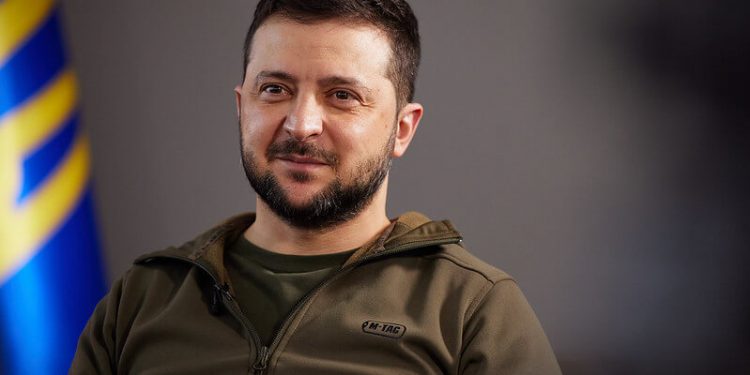Ukrainian President Volodymyr Zelensky has made a significant appeal to the international community, calling for the transfer of frozen Russian assets to Ukraine. This request comes as part of Ukraine’s ongoing efforts to counter Russian aggression and rebuild its nation.
Zelensky’s Stance and Justification:
- President Zelensky believes the transfer of Russian frozen assets to Ukraine will be a critical and impactful measure against Russia. He argues that the Russian elite and leadership, who he claims prioritize money over human lives, will feel the true power of the international community through the loss of these assets. Zelensky sees this action as a fair and legitimate response to Russia’s aggression and a strong signal to other potential aggressors worldwide.
International Discussions and Legal Framework:
- The United States, in collaboration with the European Union and other allies, is actively engaged in discussions about transferring frozen Russian assets to Ukraine. U.S. Secretary of State Antony Blinken highlighted ongoing conversations about the legal avenues for redirecting these assets, estimated at $300 billion, for Ukraine’s reconstruction and other needs. The discussions also involve the Group of Seven (G7), which considers the possibility of seizing Russian assets for transfer to Ukraine as a retaliatory measure to end Russian aggression.
Recent Developments and International Responses:
- The U.S. has recently indicated its support for the idea of confiscating Russian assets in accordance with international law. This stance aligns with the G7’s approach to potentially take action against Russia’s sovereign assets. Zelensky’s call for a quick movement towards creating a legal framework for utilizing these assets aligns with these ongoing international discussions. He emphasizes the need for tangible progress this year and relies on the leadership of the G7 to achieve this goal.
The call by President Zelensky for the transfer of frozen Russian assets to Ukraine marks a critical point in the ongoing conflict between Ukraine and Russia. It underscores the complex interplay of international law, economic measures, and geopolitical strategies in addressing such conflicts. The response of the international community, particularly the G7, and the legal proceedings that will follow, will be crucial in determining the feasibility and impact of this proposal.



























